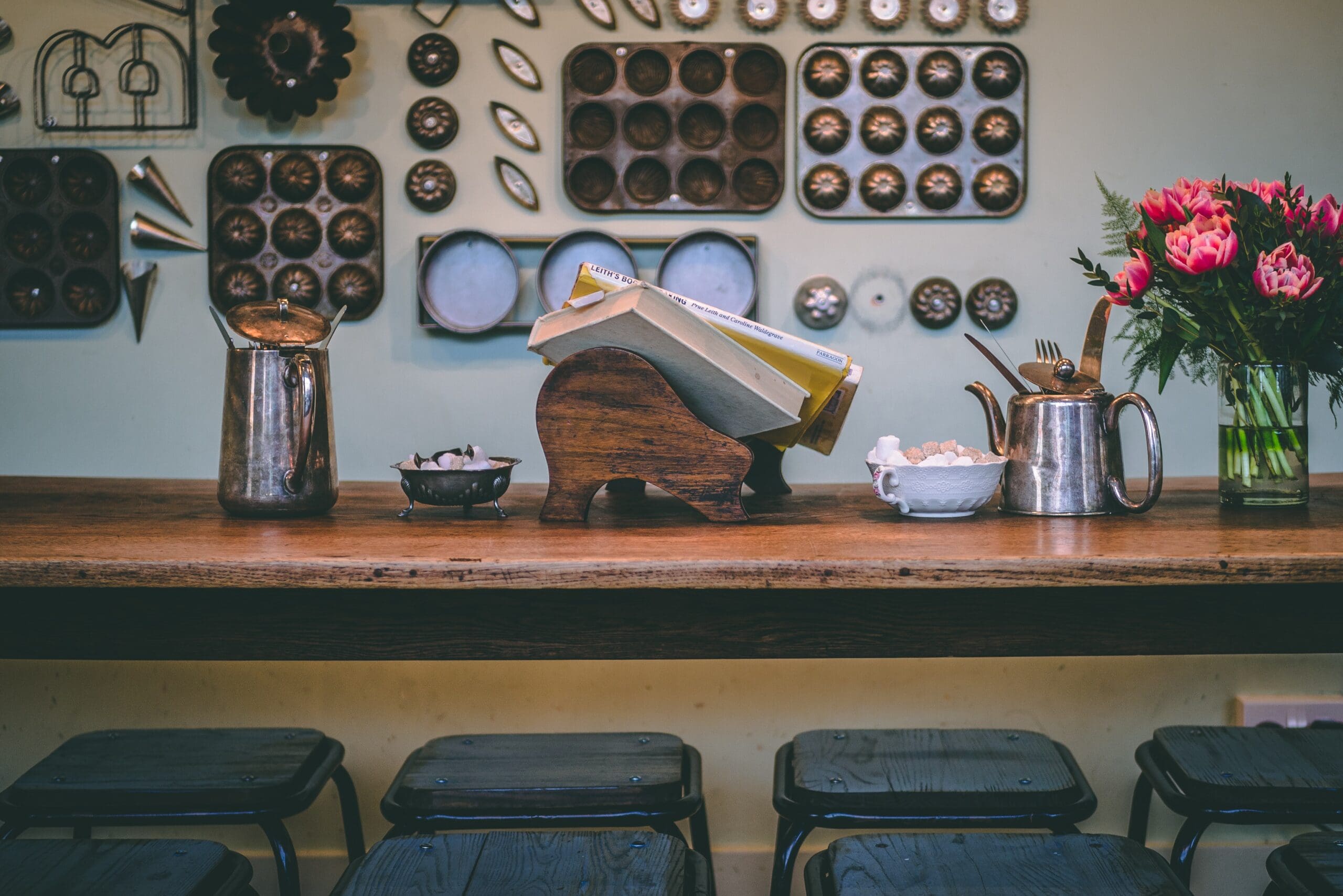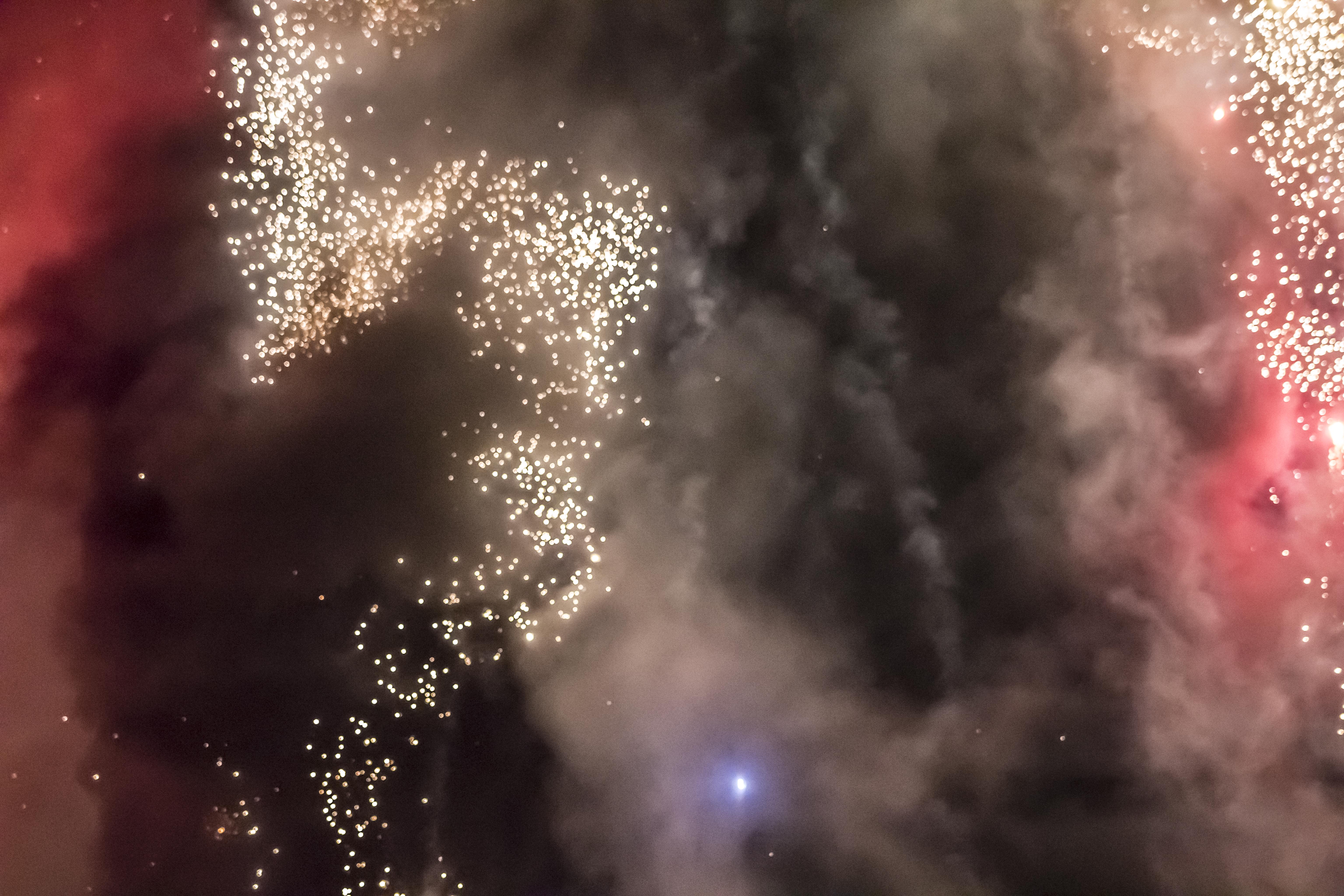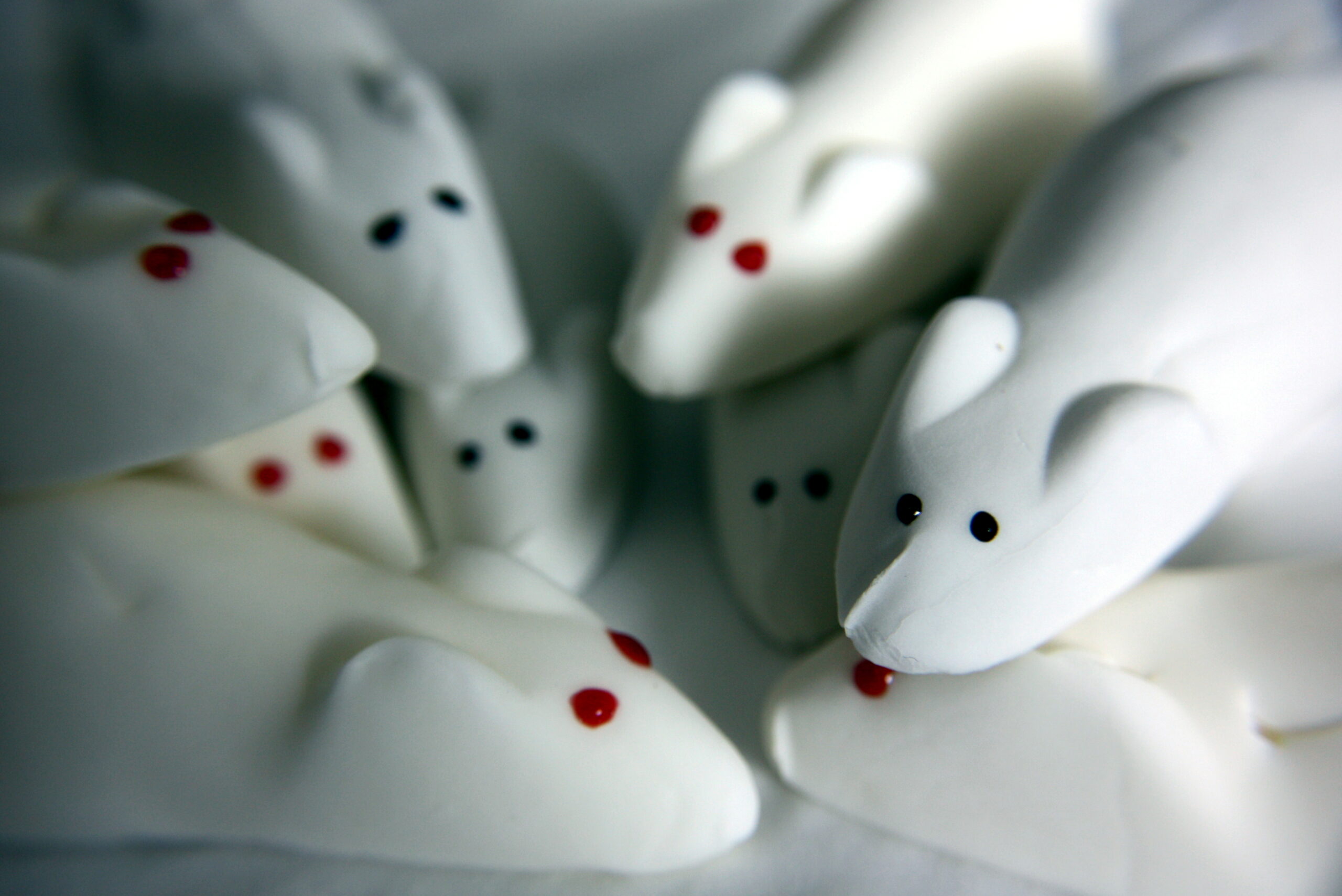I was sipping a Côte du Rhône in a French cafe somewhere near Grand Street in North Brooklyn, finishing up my revisions when I looked up at a row of black and white photos of Parisian artists hanging from the patina walls, and when I got to the last one my eyes fell on your shoulders. You stood close to a table of huddled patrons you were serving talking animatedly, and they were smiling politely as they listened to you talk about the great artists, and what it must have been like for women creatives during those times, like when the young student Camille Claudel entered a Paris studio and first laid eyes on Auguste Rodin, and he looked into her hopeful eyes, set her small but capable hands on his most treasured commission, this the spark for their long, fraught relationship, beginning there with creation of the highest order, before her demise into poverty, institutions and relative obscurity.
Or when Lee Miller sauntered into the Bateau Ivre to ask the great photographer Man Ray if he would teach her everything he knew, and he replied, “I don’t take on students,” leading her to look up and down at the contrasts of his body, touch his shoulder and say, “neither do I,” sparking the tinder that ignited a decade of his most interesting work. But for her, nothing so rewarding.
I put down my pen, leaned closer, as your voice trembled with passion while you continued though I could see your table was less compelled, more captive to your passion, your indignation now regarding the complex relationship between Picasso’s model and lover Marie-Thérèse Walter. How she gave herself to his cravings, plunging Picasso into the deepest waters, as he pried her open, satisfying his curiosity, leaving behind surreal representations of her multiple personalities, an intimate reflection of the great artist searching, less the woman object being searched.
I sipped the last drop of my Côte du Rhône, slid my papers to the side and observed as a few of your patrons covered their mouths, hiding their lack of enthusiasm. Others, not wanting to be rude, let you finish, then turned their focus to the large wall clock hanging between the row of black and white photos. When you finally took in a breath of air they turned their focus to the plates of open-faced tartine sandwich with warm goat cheese and savory galette bretonne you’d placed before them before answering their question about the photos.
Once you finished answering, you moved your body like a pendulum swinging from its pivot, impatient suddenly, and said over the tops of their heads that if they needed something, anything, they should just shout. Then you turned, ignored my attention and looked up at the wall clock. I knew you felt my attention. I knew the force of my observation made a wave in the energy of the room. You shook your head from side to side as if trying to pry something loose, stuck inside you. Your feet appeared slightly out of sync with the rest of your body, as you moved with determination across the floor to get to the corner of the bar where a worn book of poetry by Edna St. Vincent Millay, or maybe it was Emily Dickinson, was splayed open. What were those poems Dickinson wrote about transposed gender? The roles that trap us? You clutched the wood like the railing of a sinking boat, and grabbed your wire frame glasses, like these would be the one thing you’d want to salvage and take with you into the abyss of the deep, murky waters. The thing enabling your clarity.
At that moment, my internal gears pushed against the wall of my chest and like clockwork an alarm went off so instead of sitting alone, content with my coq au vin, I was confronted with the desire to know more about you, and what was the thing that had so clearly triggered you in this table of people, patrons, the thing that made you turn your head from side to side as if trying to clear your vision, as you looked up at the wall clock before retreating to the corner of the bar.
To this day I can still remember how the nerve endings in my fingers pulsated in sync with my heart as I gathered the pages of my short story, put them in chronological order and followed your footsteps, went to where you were, and I remember how you looked up from an earmarked page and turned your face slowly into the sunlight streaming in from a large window above a neat row of pain brié and brioche rolls.
“I was curious if you’d recommend the book you’re reading because I’m a writer and I’m always looking for inspiration.” I wanted to meet you where you were, in the world of the creation of ideas.
“A writer?” you said, emphasizing the two syllables. “Can I read your story?”
I heard someone call for water and understood after a moment it was you they were calling for, you whose job was to fetch what they wanted. I watched as you wordlessly chose, for the moment, to ignore this summons.
Your eyes moved from side to side as the light danced across your face. You were drawing me into your vision, and I tried to stand still so you could read me well.
“You seem to miss the point,” you said, and without waiting for my reaction you removed your glasses and suggested I read Edna St. Vincent Millay or Emily Dickinson or anyone who has ever tried to make clarity of their legacy like a clock on a wall that has stopped ticking even for a moment throwing all things off balance, anyone understanding what it’s like to live with offbeats dictating our waking, walking, thinking lives, sending us into the ether of another dimension filled with pockets of forgetfulness and daydreams because we never look at the hands ticking away relentlessly every hour, every second. Rather we imagine how one hand moves forever closer to the smaller one, and when it arrives how it must feel brushing over it like the arrested flow of blood to the heart ‘cause that’s how we live not
because we want to
but because we have no choice
and sometimes it ends with rage
and sometimes it ends tragically
dragging out until our insides are sucked dry like marrow from a cracked end of a bone
and all we have left to leave behind in the end are tiny revelations of our truth
Our job then to catch them, make it make sense
I remember how the words settled into me. They hit a sweet spot somewhere between my frontal and temporal lobes, like a kiss from a lover whose name I could not recall, or the first time my lips touched a warm profiterole, forever then and after Proust’s madeleine, that charge of sense and memory.
“Give me your number,” you said, strong, reaching deep into your pocket, removing your cell as you photographed the cover of your book, the one you retreated to, that person’s calls for water still unanswered. At that moment I turned my head to look beyond the photos and wall clock, through the window and out into the endless sky.
Paul Rabinowitz is an author, poet, photographer and founder of ARTS By The People. His work is often intertextual, and frequently thematically centered upon the process of artmaking through varied forms and pathways. His photography, fiction and poetry appear in numerous magazines and journals. His poems and fiction are also the inspiration for many award winning experimental films. www.paulrabinowitz.com




